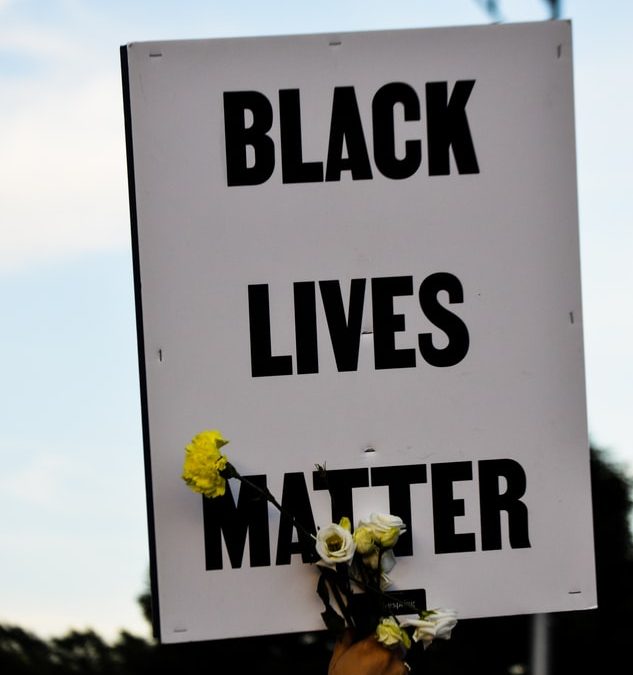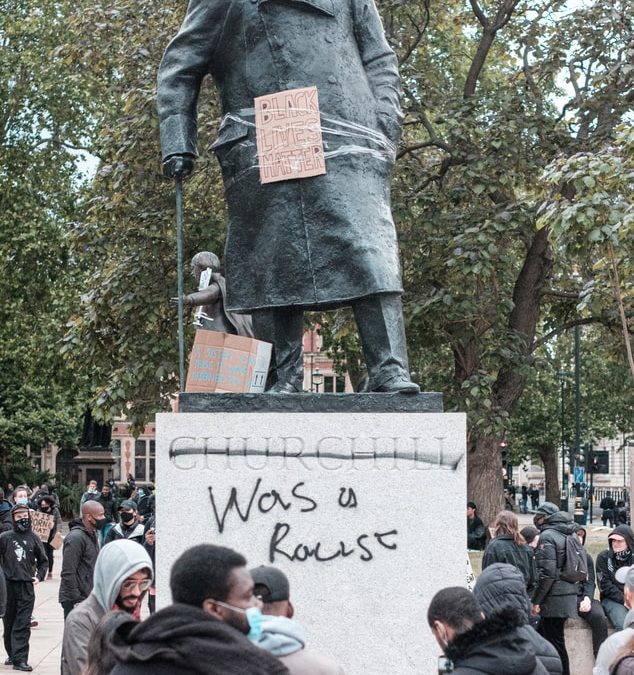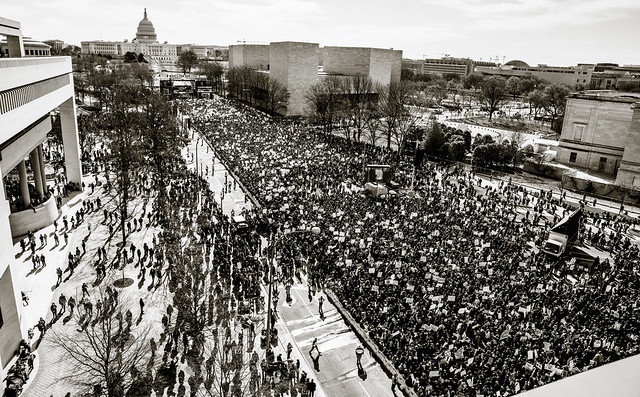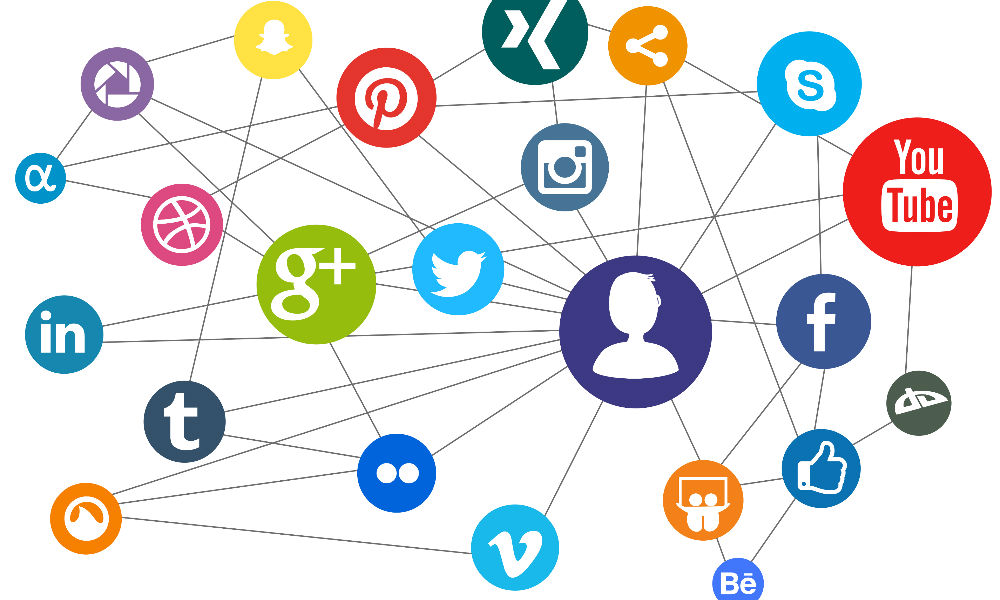Image: https://unsplash.com/@kaleamorgan By Molly Claire On the 25th of May 2020, the world saw the racially aggravated murder of African American man George Floyd, a catalyst that ignited the international organisation widely known as the Black Lives Matter...











Recent Comments